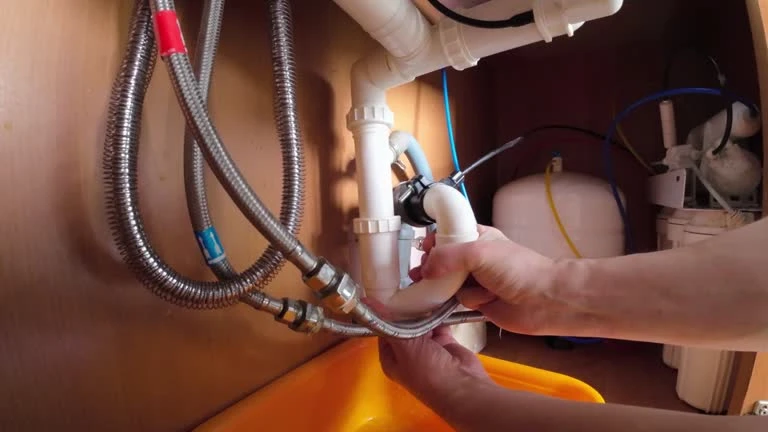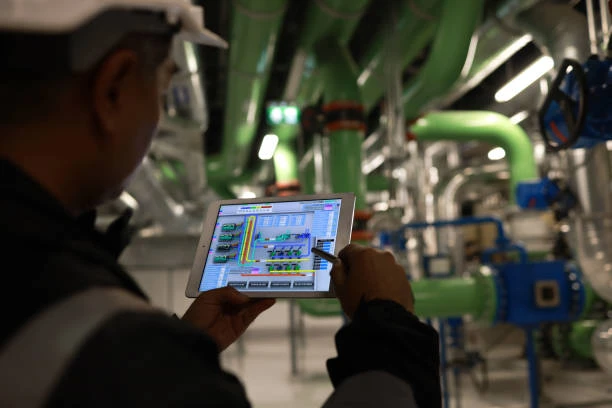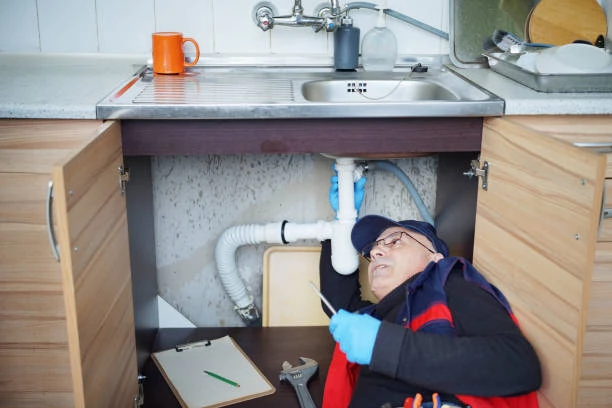Introduction to Ball Valve Technology
Ball valves are essential components in natural gas pipelines. They offer reliable flow control and efficient operation in the transportation of natural gas. The float ball valve mechanism consists of a spherical disc that rotates to control fluid flow. These valves are preferred in the natural gas industry due to their durability and easy maintenance. Among various types of ball valves, the floating ball valve stands out. This type of valve features a ball that moves freely within the valve body, providing effective sealing when pressure is applied. It is particularly effective in low-pressure applications, making it a vital tool in gas pipeline systems.
Importance of Ball Valves in Gas Pipeline Systems
Ball valves play a crucial role in the smooth operation of gas pipelines. They help control the flow of natural gas, ensuring safe and efficient transportation. Ball valves provide excellent sealing, which prevents leakage, a significant concern in gas transmission. By offering a quick shut-off mechanism, these valves minimize the risk of accidents. Additionally, they allow for fast and easy maintenance, reducing downtime and operational costs. The floating ball valve is especially suitable for controlling the flow in pipelines with fluctuating pressures, ensuring stable performance throughout the system.
Types of Ball Valves in Gas Pipelines
Several types of ball valves are used in natural gas pipelines, each serving specific functions. The floating ball valve is one of the most common in low-pressure systems. It features a ball that is not fixed, but instead “floats” between two seats, allowing it to respond to changes in pressure. Another type is the trunnion-mounted ball valve, which is better suited for high-pressure applications. The trunnion design secures the ball in place, providing stability even in high-flow environments. These different valve types are chosen based on factors such as pressure, temperature, and flow requirements, ensuring the best fit for the pipeline system.
Flow Control and Efficiency with Ball Valves
Ball valves are designed for precise flow control, making them ideal for natural gas pipeline systems. They regulate the flow of gas through the pipeline, ensuring that the correct amount reaches its destination. The floating ball valve offers efficient flow control by sealing tightly against the valve seats when pressure is applied. This type of valve minimizes flow turbulence and reduces energy losses, contributing to the overall efficiency of the pipeline system. By reducing pressure drops, ball valves help maintain the integrity and reliability of the entire pipeline network, allowing natural gas to flow smoothly over long distances.
Benefits of Floating Ball Valves
Floating ball valves offer several advantages in natural gas pipeline systems. One of the primary benefits is their simplicity and ease of operation. The valve opens and closes quickly, providing fast and effective control over the gas flow. These valves also provide reliable sealing, which is crucial for maintaining safety and preventing leaks. Additionally, the design of the floating ball valve makes it ideal for applications where pressure can vary. The ball moves within the valve body, adjusting to the pressure, which ensures a secure seal under different conditions. This feature is particularly beneficial in natural gas pipelines, where fluctuations in pressure are common.
Maintenance and Durability of Ball Valves
The durability and easy maintenance of ball valves make them an excellent choice for natural gas pipelines. Over time, gas pipelines are subject to wear and tear due to the harsh operating conditions. Ball valves, however, are designed to withstand these challenges. Their robust construction and minimal moving parts reduce the risk of failure. Regular maintenance of ball valves involves checking for wear on seals, seats, and the ball itself. Since the floating ball valve has fewer components that are subject to wear, it is easy to maintain and repair. This makes it a cost-effective option for long-term operation in gas pipelines.
Ball Valves and Safety in Gas Pipelines
Safety is a top priority in natural gas pipeline systems. Ball valves provide a high level of safety by offering quick shut-off capabilities. In case of a leak or emergency, operators can rapidly close the valve to stop the flow of gas and prevent accidents. Floating ball valves are particularly effective in this regard. Their simple design allows for quick and reliable shut-off, which is crucial in preventing explosions or other hazards. Additionally, the tight sealing capability of floating ball valves helps ensure that no gas escapes, even in the event of a system failure. This reliability is critical in maintaining the safety of both workers and the environment.
Future of Ball Valve Technology in Gas Pipelines
As the natural gas industry evolves, so does ball valve technology. Innovations in materials and designs will continue to improve the performance and efficiency of ball valves. New developments in sealing technology will make valves even more reliable and leak-proof. The floating ball valve, in particular, will benefit from these advancements, offering even better performance in low-pressure systems. Moreover, the growing demand for natural gas will drive the development of more efficient valve systems to handle increased flow rates. Future innovations will focus on enhancing the durability, safety, and environmental sustainability of ball valves, ensuring their continued importance in gas pipeline operations.
Conclusion
Ball valves, particularly floating ball valves, are essential components in natural gas pipeline systems. Their ability to provide precise flow control, efficient operation, and safety makes them indispensable. The floating ball valve’s design ensures reliable sealing even under fluctuating pressures, offering a cost-effective and durable solution for natural gas transportation. With ongoing advancements in ball valve technology, these valves will continue to play a crucial role in the efficient and safe operation of gas pipeline systems for years to come.
IFAN Products international standards
IFAN products strictly adhere to a comprehensive range of international standards, encompassing ISO 15874, EN 15874, ASTM F2389, DIN 8077/8078, GB/T 18742, NBR 15884, ISO 15494, EN ISO 15494, GB/T 19472, NBR 15494, ASTM 2846 (501), DIN 8079/8080 (502), ASTM F441/F441M SCH80 (503), DIN (504), DIN (505), GB/T 18993, AS/NZS 1477, CSA B137.6, NSF/ANSI 14, TIS 17-2532/1131-2535, BS 3505, BS 4346 (801), ASTM D1785 SCH40 (802), ASTM D1785 SCH80 (803), DIN (804), GB (805), GB (806), GB(901), DWV(902), ASTM D2665 (903), along with ASTM D2241, D2665, D2729, and F441/F441M series, ISO 1452, EN ISO 1452, DIN 8061/8062, GB/T 10002, AS/NZS 1477, JIS K6741, CSA B137.3, and other national and industry norms.
Connect
IFAN is a Chinese manufacturer of plastic pipes, fittings and valves with 30 years of experience. If you are interest in IFAN copper fittings, copper valves, plastic pipes and fittings, please contact us. IFAN offers you a variety of standard pipes to meet your specific needs. Click below to learn more about IFAN’s wide range of affordable and cost-effective valve products and piping system related products.
We will reply your email or fax within 24 hours.
You can call us at any time if there is any question on our production.
For more information,pls visit our webside https://waterpipefitting.com/
Pls Mailto: [email protected]
Whatsapp: +86 15088288323














Recent Comments